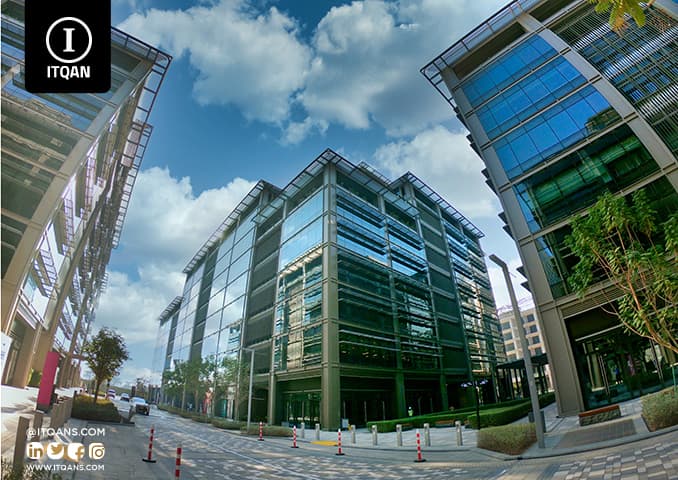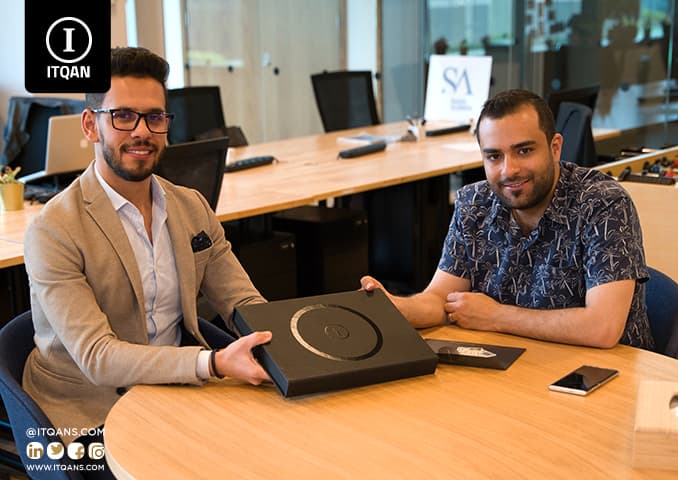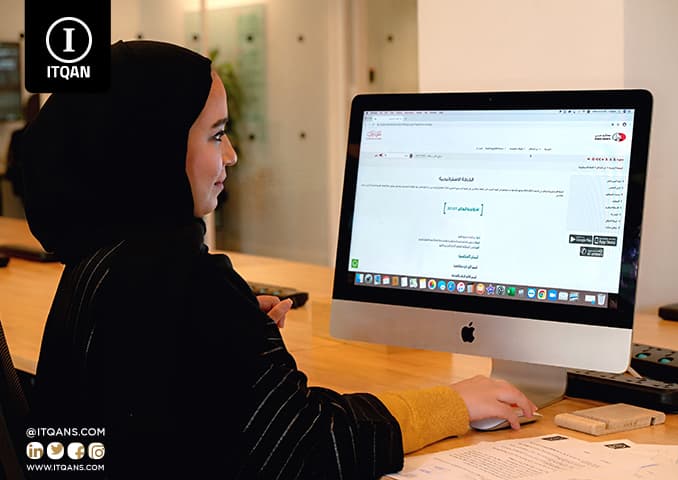Dubai’s Jebel Ali Free Zone (JAFZA) is one of the world’s leading logistics and trade hubs, making it a vital starting point for global business activities. Import regulations from Jebel Ali are a crucial element for investors and companies seeking to benefit from the advantages offered by this free zone. These laws aim to regulate and facilitate the movement of goods to and from Jebel Ali, which enhances efficiency and contributes to enhancing international trade.
Import laws in Jebel Ali are flexible and easy, with a focus on simplifying procedures and reducing bureaucracy to streamline business operations. Laws include regulating customs operations, required documentation, and tax exemptions that may be available to companies operating in the region. These laws enhance companies’ ability to access new markets and help speed up import and export processes, enhancing their competitiveness globally.
On the other hand, Jebel Ali’s import laws ensure adherence to global environmental and health standards, which maintains the safety of products and enhances the quality of commercial transactions. These laws also include licensing and inspection requirements to ensure goods meet the highest standards of safety and quality.
Under these laws, companies can take advantage of Jebel Ali’s advanced infrastructure, including Jebel Ali Port, which is one of the largest ports in the world, to facilitate efficient import and export operations. This integrated environment provides strong business support, accelerating business growth and enhancing international success.

جدول المحتوى
ToggleJAFZA investment procedures
Investing in Jebel Ali Free Zone (JAFZA) requires following a set of procedures to ensure the smooth and successful establishment of the company. Here are the basic steps to invest in JAFZA:
- Determine the business activity: Before starting, you must determine the type of business activity you intend to do. JAFZA offers multiple options including commercial, industrial and service activities.
- Choose the type of license: Depending on your activity, choose the appropriate type of license, such as a commercial, industrial, or service license. JAFZA provides different types of licenses to suit different activities.
- Preparing the necessary documents: Prepare the required documents such as passport, education certificates, experience certificates, and rental contracts. Documents can vary depending on the type of license and activity.
- Submitting the application: Submit the incorporation application via the JAFZA website or through the Customer Services Office. The application usually includes information about the business, names of partners, and required documents.
- Receiving Preliminary Approval: After submitting your application, you will receive preliminary approval from JAFZA, allowing you to begin preparing the job site and necessary equipment.
- Signing the lease contract: Sign the lease contract for the office or facility in the free zone. The lease contract provides the necessary facilities to conduct commercial activity.
- License issuance: After completing all requirements and submitting the necessary documents, your company’s license will be issued. Make sure you receive all official documents and licenses.
- Residency and Employment Visas: Apply for residence and employment visas for employees. JAFZA provides visa facilitation services.
- Set up bank accounts: Open a bank account for your company to facilitate financial transactions. Some banks provide customized services to companies in free zones.
- Starting a business: After receiving the license and preparing all requirements, you can start the business in JAFZA.
Import regulations from Jebel Ali (Jafza).
Import laws in Dubai’s Jebel Ali Free Zone (JAFZA) provide a regulatory framework that facilitates import operations and ensures compliance with international and local standards. Here’s an overview of the most prominent JAFZA import laws:
- Company Registration: A company must be registered with JAFZA to obtain import permits. Registration requires the submission of legal and administrative documents such as articles of incorporation, identity documents, and business plans.
- Obtaining an import license: Companies that wish to import goods must obtain an import license from the relevant authorities in JAFZA. This includes submitting an application that includes details of the business activity and the type of goods to be imported.
- Compliance with quality standards: All imported goods must comply with international and local standards and specifications for quality and safety. This requires the submission of certificates of conformity and quality certificates from suppliers.
- Customs Clearance: Companies must adhere to customs clearance procedures when importing goods. This includes submitting documents such as commercial invoices, bills of lading, and certificates of origin, in addition to paying prescribed customs duties.
- Customs duties and costs: JAFZA offers exemption from customs duties for some activities, but there may be administrative or other fees depending on the type and value of the goods. Businesses should review applicable customs schedules and determine potential duties.
- Inspection and inspection: Some goods may require health or environmental inspections and inspections before being allowed to enter the market. These checks are conducted in accordance with approved standards to ensure the safety and quality of the goods.
- Compliance with environmental standards: Companies must comply with environmental requirements related to imported goods, including regulations on toxic substances and recyclable packaging.
- Storage of goods: Companies can store goods in designated warehouses within JAFZA, providing a safe and convenient environment for storage without the need for additional customs duties on stored goods.
- Legal procedures and documentation: Companies must adhere to all legal procedures and documentation required to ensure the validity and safety of business operations, including announcements and annual reports.
How to import from Jebel Ali (Jafza)
Importing from Jebel Ali Zone (JAFZA) includes a set of steps that must be followed to ensure a smooth and efficient import process. Here’s how to import from JAFZA:
- Locate Suppliers: Search for companies and suppliers within JAFZA that provide the products you need. You can visit the JAFZA website or contact the chambers of commerce to find out what companies are available.
- Negotiating and Contracting: Contact potential suppliers to obtain quotes and negotiate contract terms. Be sure to review all contract details including prices, payment terms, and delivery dates.
- Verify documents: Make sure you have all the documents required for trafficking such as shipping invoices, certificates of origin, and inspection and evaluation documents. Make sure these documents comply with your country’s import requirements.
- Customs clearance: Submit customs clearance requests through the responsible authorities in your country or through approved shipping and customs clearance agents. Make sure to submit all necessary documents such as invoices, certificates of origin, and proof of payment.
- Organize Shipping: Arrange the shipment of goods from JAFZA to your country. You can coordinate with specialized shipping companies that provide international shipping services from the Jebel Ali region.
- Receiving the goods: When the shipment reaches its destination, be sure to check the condition of the goods and ensure that there are no damages or shortages. Process the pickup according to established procedures.
- Pay Duty: Pay any customs duties or other fees related to the shipment. Be sure to obtain all receipts and invoices for fees paid.
- Final delivery: After completing all procedures, organize the delivery of the goods to your warehouse or their final destination.
- Additional Tips: You may wish to contact the JAFZA Help Desk for advice on import procedures and best practices.

Advantages of investing in JAFZA
Investing in Jebel Ali Free Zone (JAFZA) offers a range of advantages that make it a preferred destination for many investors. Here are the most important advantages of investing in JAFZA:
- Tax exemptions: JAFZA provides complete exemption from taxes on income and profits, enhancing the overall profitability of investors.
- Full Foreign Ownership: Investing in JAFZA allows foreigners to 100% own companies without the need for a local partner, providing complete control over business operations.
- Logistics Facilities: JAFZA is strategically located near Jebel Ali Port, facilitating shipping and distribution operations and allowing quick access to global markets.
- Low costs: JAFZA offers a range of economical licensing options at competitive prices, reducing operational costs.
- Advanced Infrastructure: JAFZA has a modern infrastructure, road network and advanced facilities that support commercial activities and enhance the efficiency of operations.
- Diverse support services: JAFZA offers a range of support services such as assistance with registration and licensing procedures, as well as management and logistical support services.
- Ease of obtaining visas: JAFZA facilitates the process of obtaining residence and employment visas, providing a convenient environment for employees and families.
- Stable Business Environment: JAFZA provides a stable and secure business environment that supports growth and expansion of the business.
In conclusion, Jebel Ali Free Zone (JAFZA) in Dubai provides a favorable and ideal trade environment for imports thanks to its flexible regulations and the unique benefits it offers. JAFZA is one of the most prominent free zones that provides great facilities to companies seeking to expand their business activities to international markets. JAFZA’s import-related laws aim to facilitate commercial operations and provide a supportive environment for investors, which contributes to enhancing the effectiveness of import operations and making the most of global trade opportunities.
Through JAFZA’s import laws , importers can benefit from tax exemptions, reduced customs duties, and flexible procedures, reducing costs and saving time. These laws also include clear and specific requirements on required documents, inspections, and customs clearance procedures, which ensures ease of handling of goods and helps companies comply with legal requirements.
In addition, JAFZA contributes to facilitating global trade thanks to its advanced infrastructure, including ports and logistics facilities that support trade operations and facilitate the movement of goods. This stimulating business environment provides greater flexibility and adaptability to changes in the global market, helping companies stay ahead of the competition and achieve success.
The most important frequently asked questions about importing from Jebel Ali (Jafza).
What are the customs clearance procedures for goods imported from JAFZA?
All documents required for customs clearance must be submitted to local customs, which include invoices and certificates of origin, in addition to completing any documents related to clearance according to the importing country.
Can I use shipping agents to handle the import process?
Yes, you can use specialized shipping and customs clearance agents to facilitate the import process, including organizing shipping, customs clearance, and coordinating the delivery of goods.
What are the shipping costs from JAFZA?
Shipping costs vary based on the type, size, and destination of the shipment. It is best to get quotes from shipping companies to get an accurate estimate.
Can I import in small quantities from JAFZA?
Yes, you can import in small quantities, but make sure that suppliers in JAFZA can meet your needs and agree to ship with local laws.
What payment options are available to suppliers at JAFZA?
Payment options include bank transfer, documentary credits, or payment upon receipt. Be sure to negotiate with suppliers to determine the best method of payment.


















